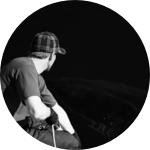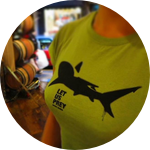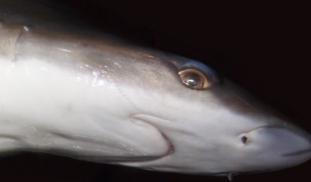Please wait...
About This Project
The little-known Atlantic weasel shark only occurs in West Africa, an area which is most acutely threatened by illegal and unregulated overfishing. In 2015, we found a previously unknown aggregation of weasel sharks in the remote island nation of Cabo Verde, which could be the last stronghold of this rare and enigmatic species. We will launch a second expedition in 2016 to study the species’ biology, threatened status and potential tools for its protection.
More Lab Notes From This Project

Browse Other Projects on Experiment
Related Projects
Out for blood: Hemoparasites in white-tailed deer from the Shenandoah Valley in Northern Virginia
Our research question centers about the prevalence and diversity of hemoparasites that infect ungulate poplulations...
Using eDNA to examine protected California species in streams at Hastings Reserve
Hastings Reserve is home to three streams that provide critical habitat for sensitive native species. Through...
How do polar bears stay healthy on the world's worst diet?
Polar bears survive almost entirely on seal fat. Yet unlike humans who eat high-fat diets, polar bears never...




